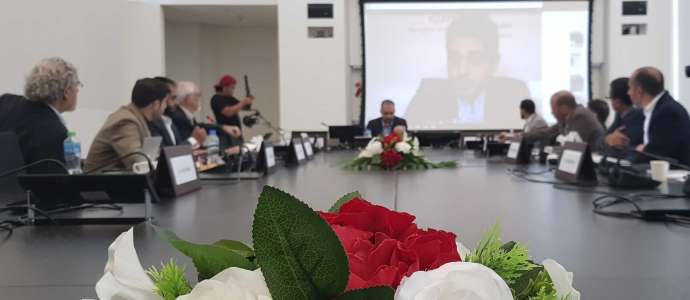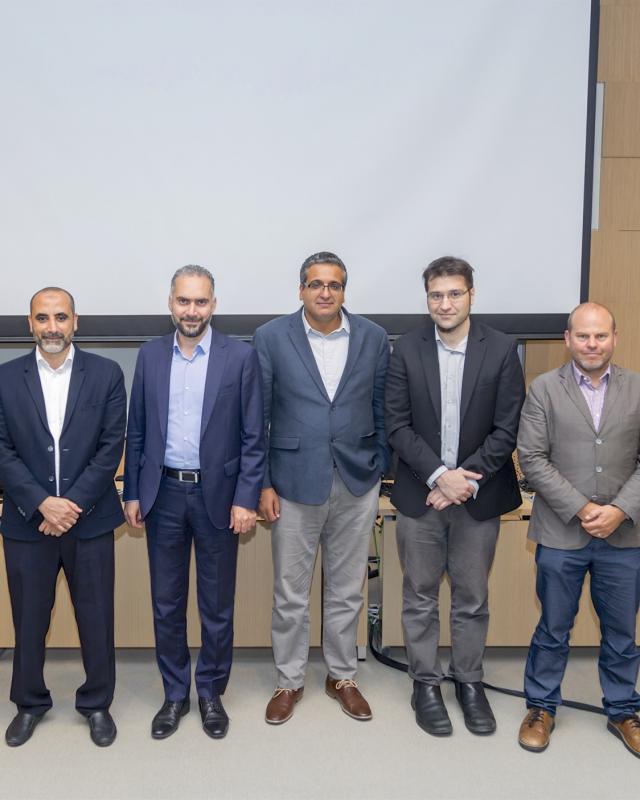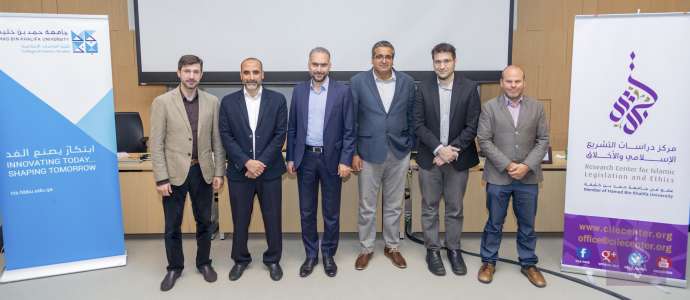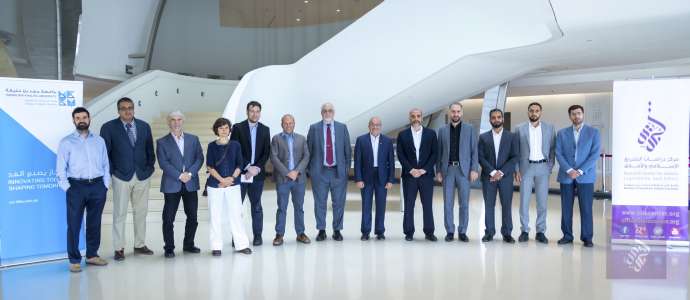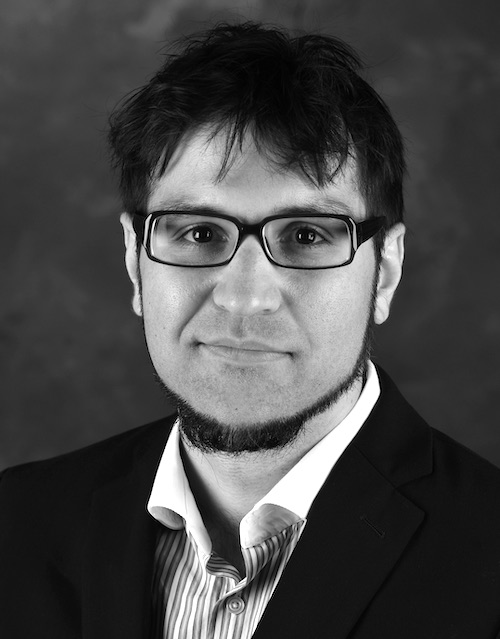
Aria Nakissa is an assistant professor of lslamic studies and Anthropology at Washington University in St. Louis. He holds a PhD in Anthropology and Middle Eastern Studies from Harvard University, a JD from Harvard Law School, and an MA in Islamic Law from International Islamic University Malaysia. His research focuses on law and religion in the Muslim world, and he has conducted extensive field research in the Middle East and Southeast Asia, using the Arabic and Malaysian/Indonesian languages. His research has been supported by grants from the Fulbright Program and the Henry Luce Foundation.
Nakissa is author of the The Anthropology of Islamic Law: Education, Ethics, and Legal Interpretation at Egypt’s al-Azhar (Oxford, 2019). Nakissa’s research has also appeared in various journals including Journal of the Royal Anthropological Institute, Islamic Law and Society, and Muslim World.
Nakissa is currently working on a book titled: “Human Rights, Counterterrorism, and Islamic Reform: A Global Anthropological History from the Colonial Period to the Present.” The book can be described briefly as follows. “Human rights”, “counterterrorism”, and “Islamic reform” are three overlapping projects central to a distinctive mode of liberal governance applied to Muslim populations. These projects emerged in the nineteenth century under the British, French, Dutch, and Russian Empires. Today they are implemented by a global network of institutions, including government agencies, NGOs, educational organizations, and social media corporations. The books traces the development of these projects from the colonial period until the present. The book has both significant historical and ethnographic components. The ethnographic component centers on a comparative analysis of three linked regions; namely, Southeast Asia, the Middle East, and North America. Data on Southeast Asia will be drawn from long-term fieldwork in Indonesia and Malaysia. Data on the Middle East will be drawn from long-term fieldwork in Egypt and Morocco. Data on North America will be drawn from long- term fieldwork in the United States. Research for the book will be conducted in the Arabic, Malaysian/Indonesian, English, French, and Dutch languages.




